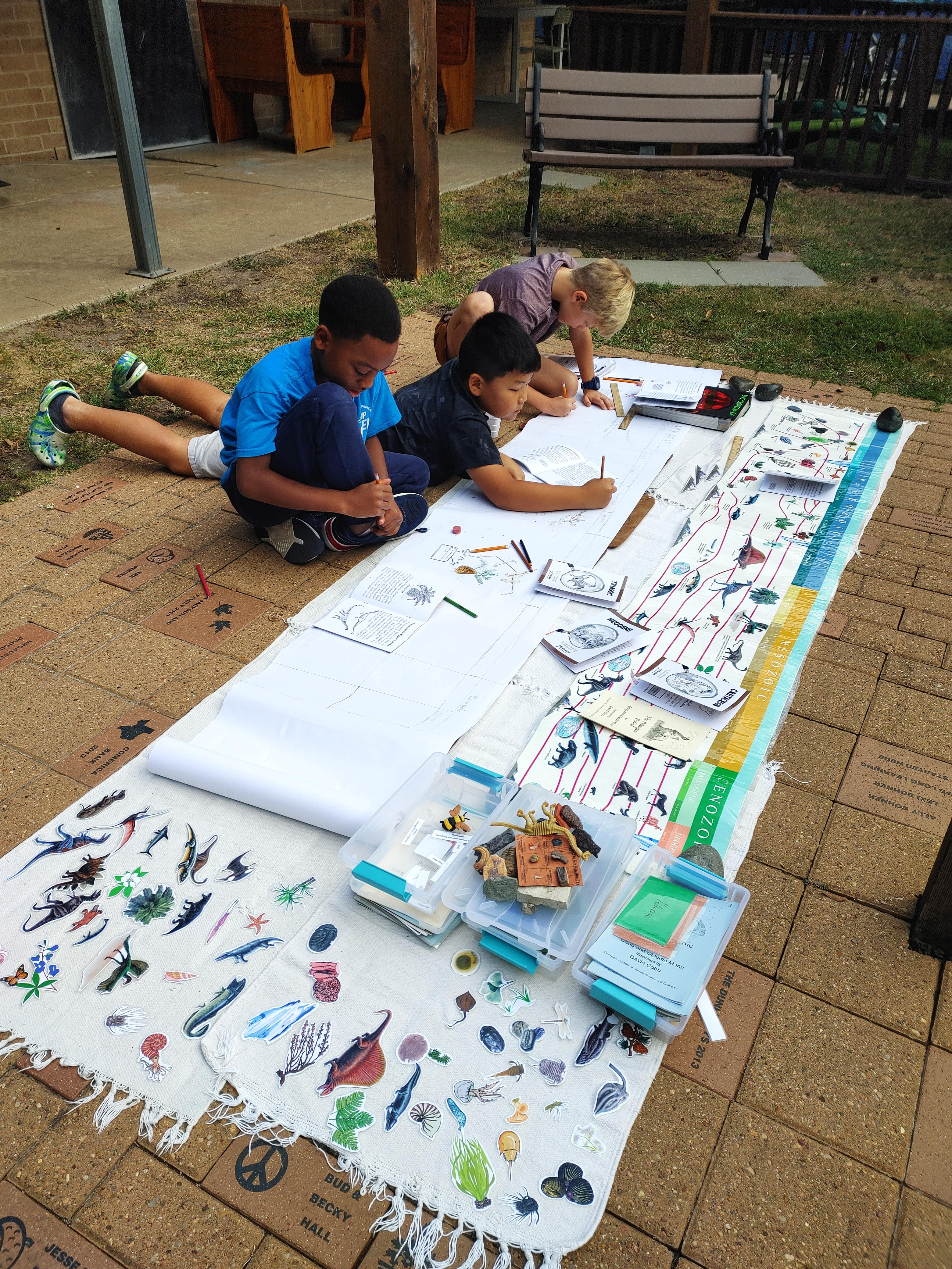

Pines Montessori School Connections
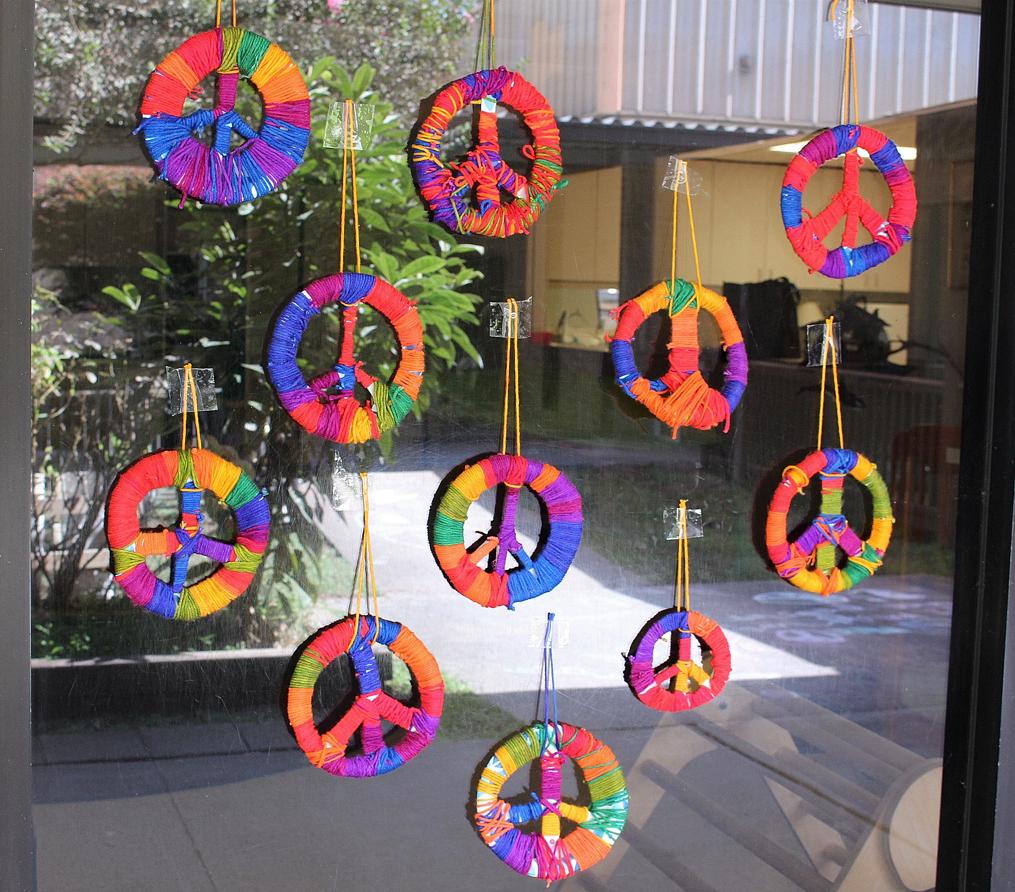

UpcomingEvents

ThisMonth

UpperElBakeSale-Friday10/10 In the new Pavilion!!!
(At dismissal until sold out)
ComeSeeMeWork-WednesdayandThursday10/22-23
Open from Dismissal through Extended Care
FallParade-Friday10/31
8:45AM SHARP Parade Start!
NextMonth
UpperElBakeSale-Friday11/14 (At dismissal until sold out)
ThanksgivingFamilyFeast-Friday11/21 10:30 am RSVP will go out soon.
NoonDismissal-Friday11/21 The entire school closes at 12:00 PM. No PM Extended Care will be provided.
ThanksgivingBreak-Monday-Friday11/24-11/28
School Closed
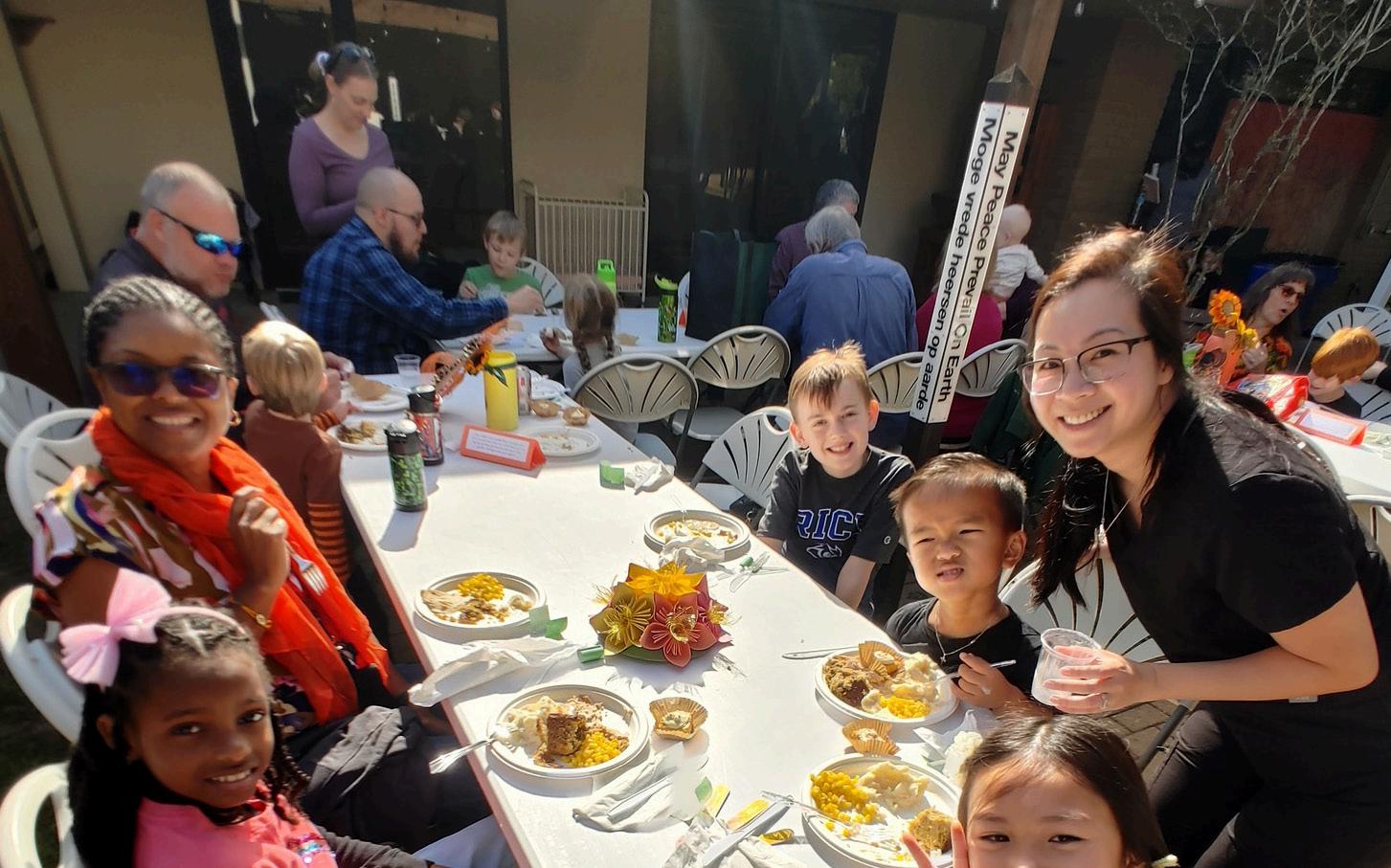


Play in the park
Bake sale is hosted in the backyard again!!!
Parents can pick up students and participate in Bake Sale.
Students in Extended Care/studios should bring $1-2 PER student.
Teachers will take students to the Bake Sale Made

UnderConstruction





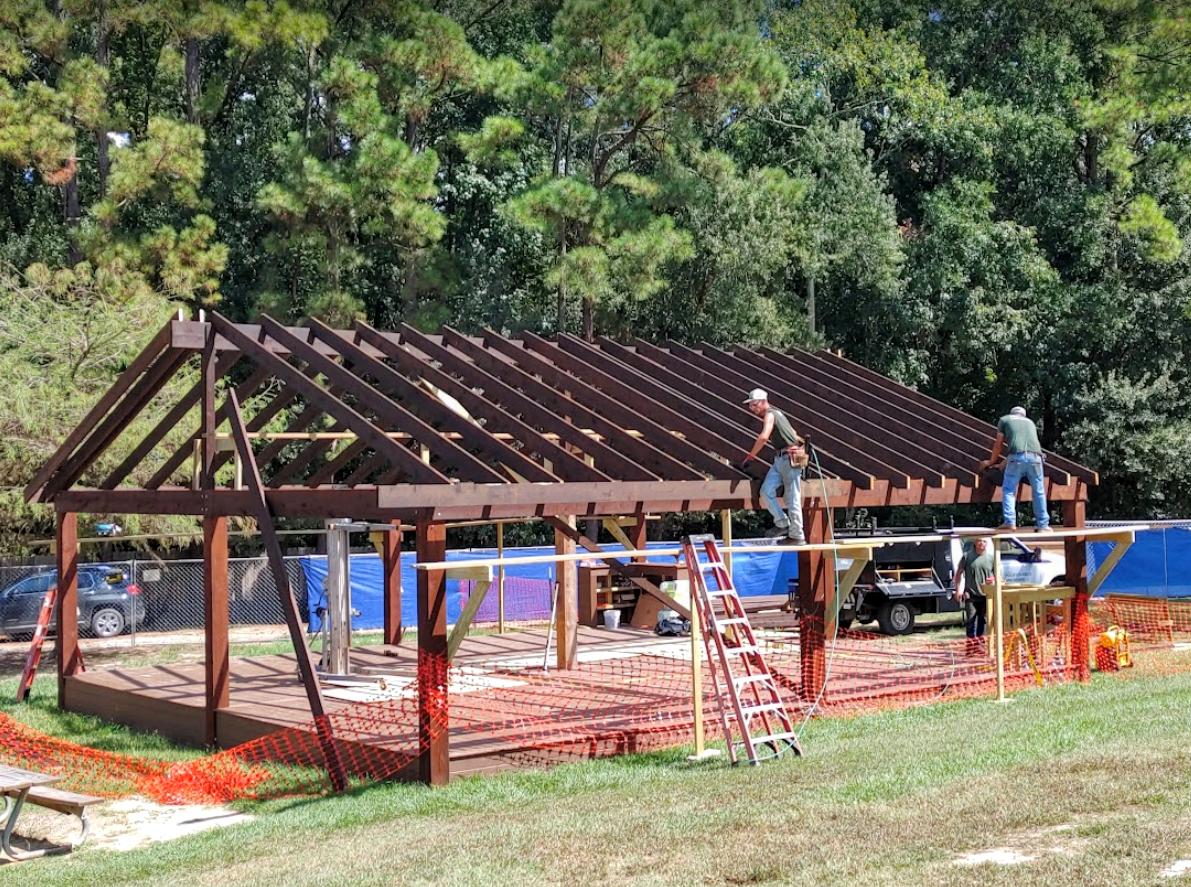
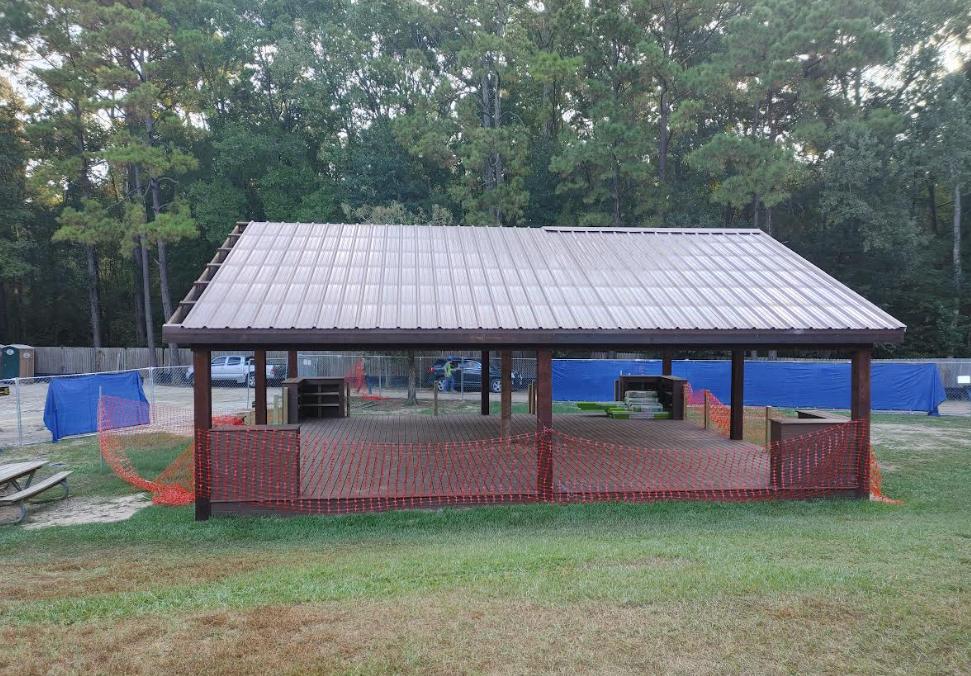
Ithasbeenquite sometimesincewe havehadourBakeSale intheBackyard.

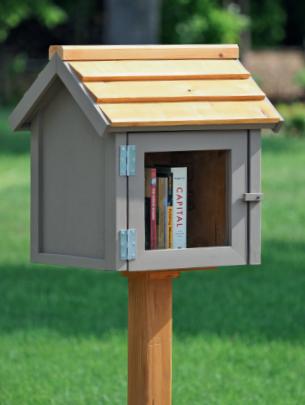
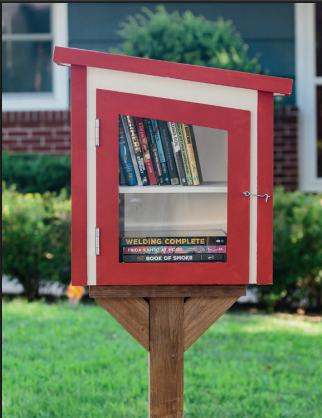
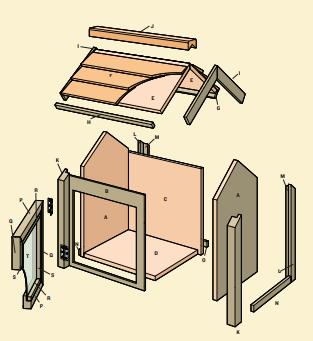


StudentSpotlight
TheLowerElementarystudentscelebrated Dr.MariaMontessori’sbirthdaybydrawingportraitsofher.
Hereistheworkfromstudentswhowantedtoshare.
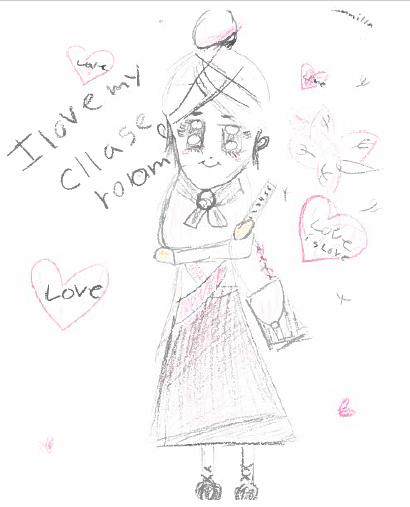
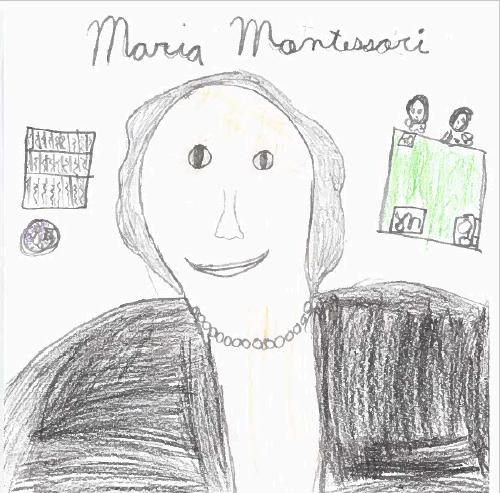
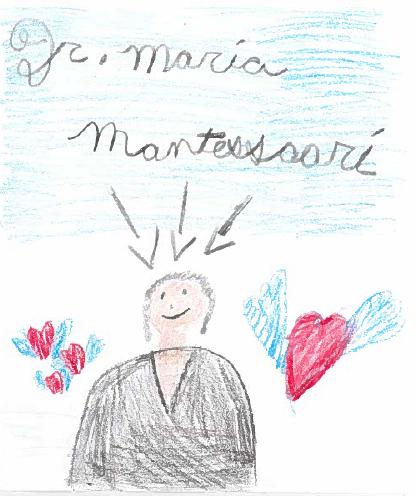


To celebrate International Day of Peace, students and families illustrated blank puzzle pieces with their visions of peace. They then exchanged pieces, and collaborated to complete four-piece puzzles.

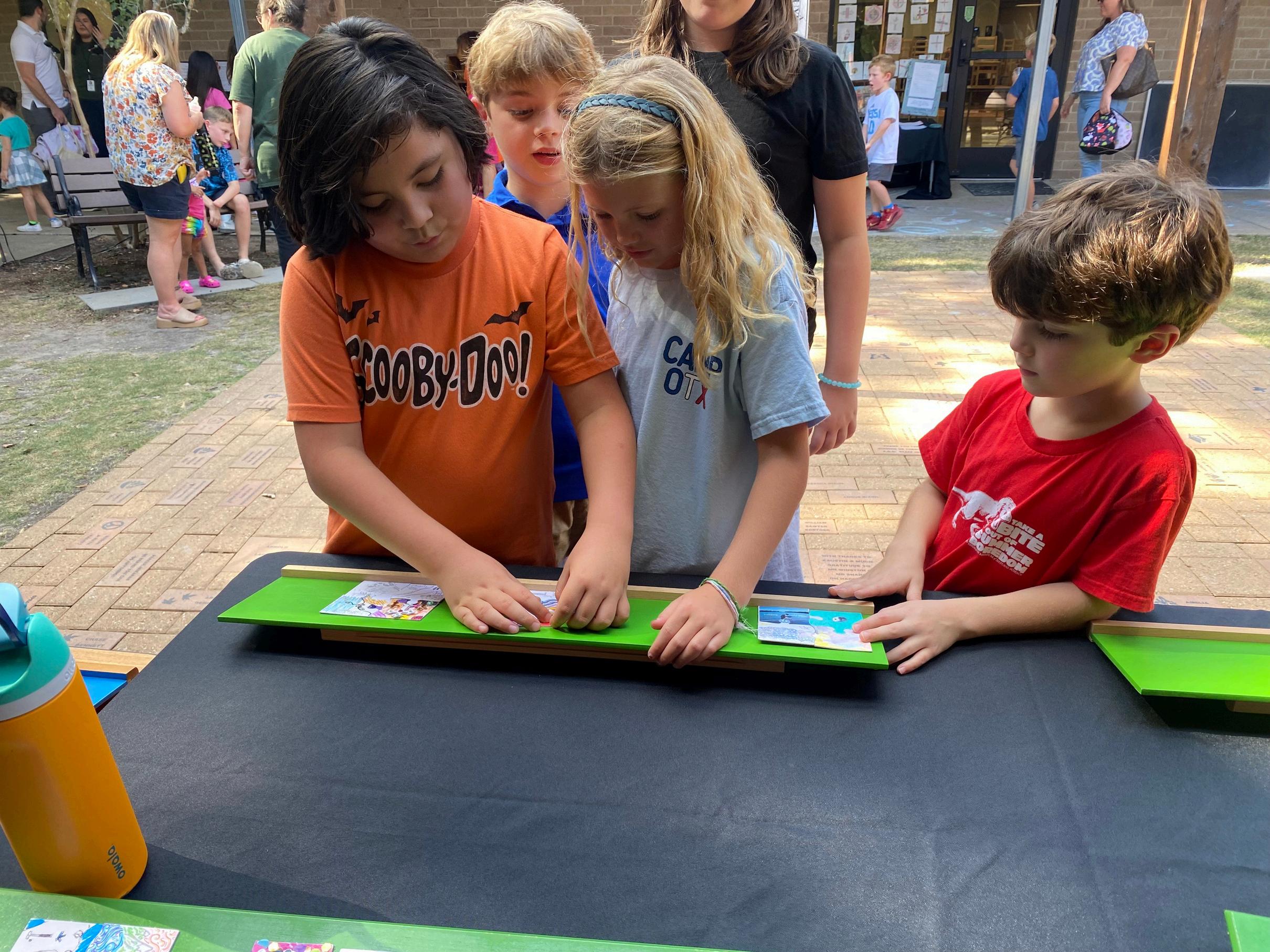

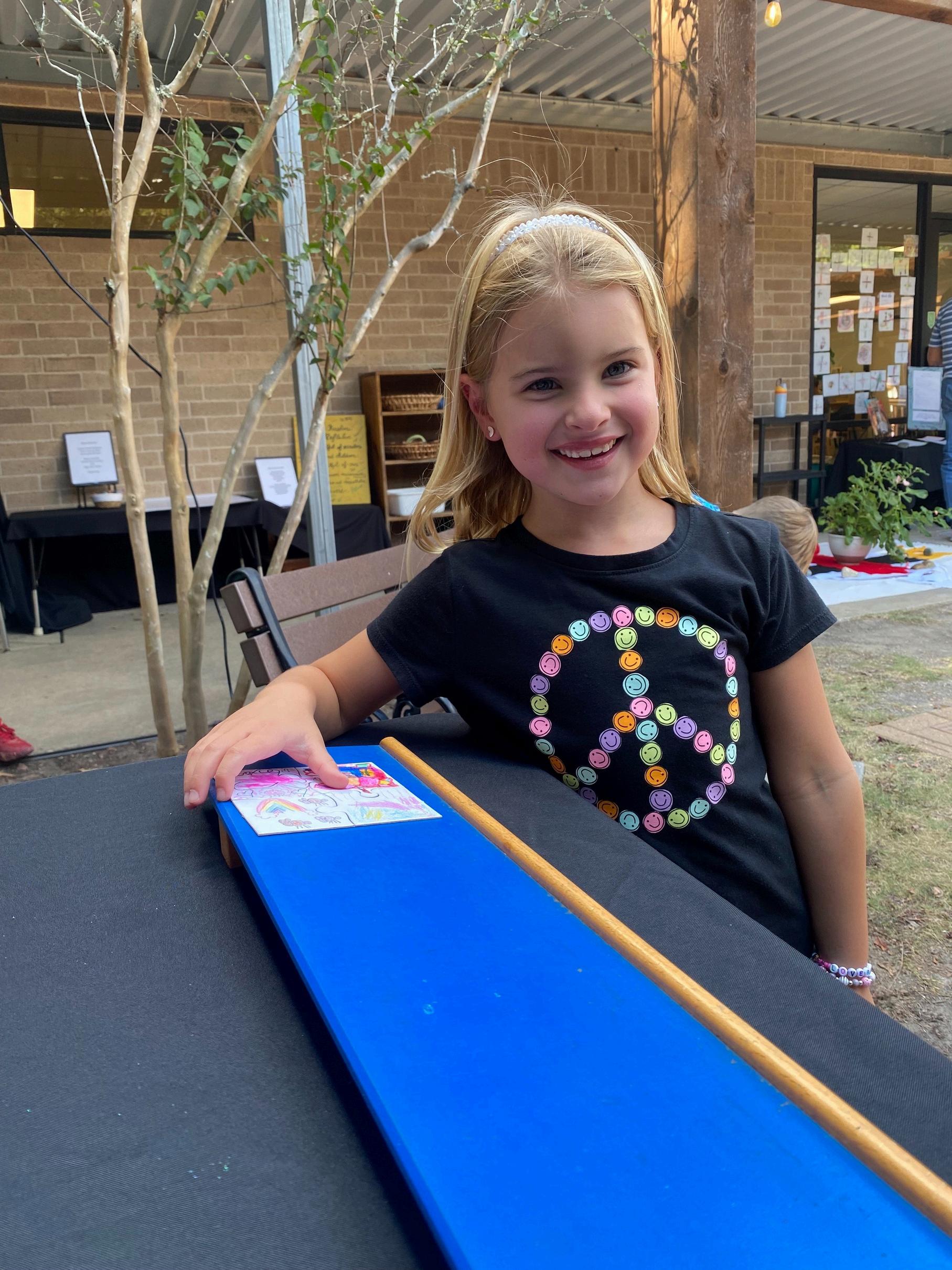

ConnectionsChallenge PassPinesOn!
Feel free to share our Connections with family and friends around the world!
Every time someone opens our newsletter our world map lights up. How far can the good news of Pines travel???








September’s CONNECTIONS reached 7 countries on 3 continents!

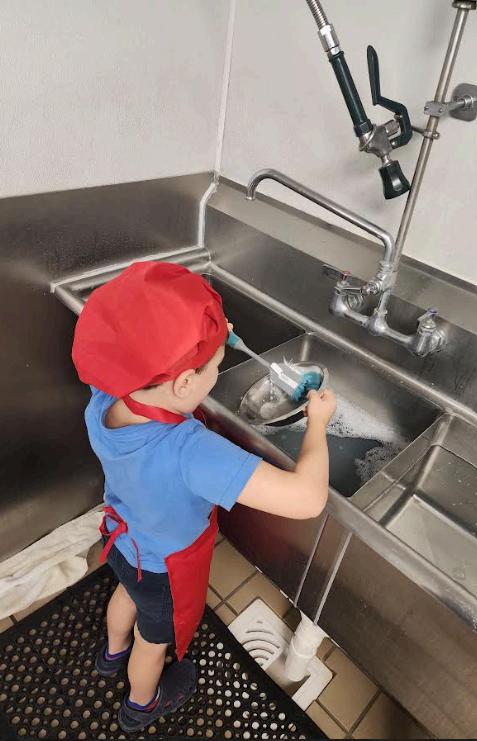


Thank you Chef Walter for all your hard work! Thank you to the Scherr family for supporting The EVENT!
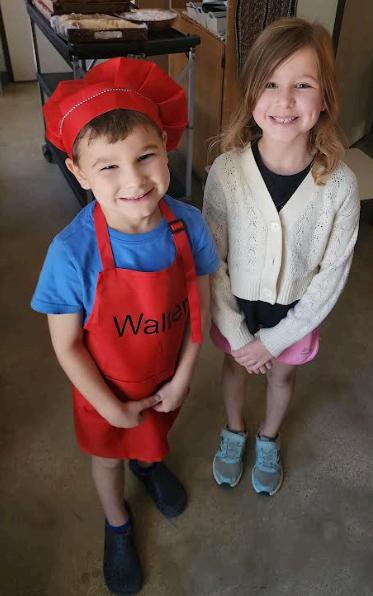
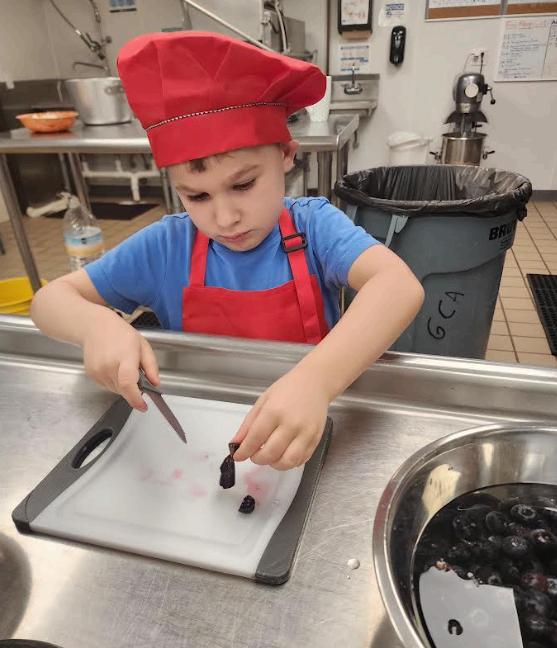
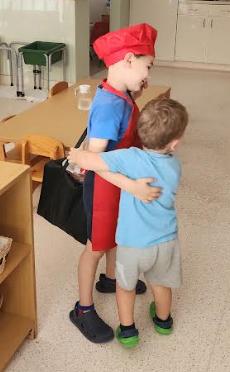
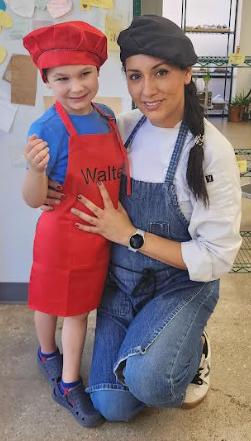

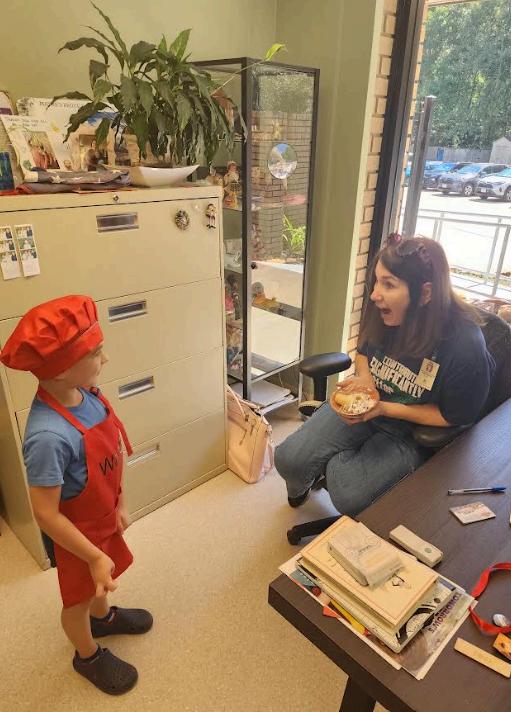

TeacherExperiences
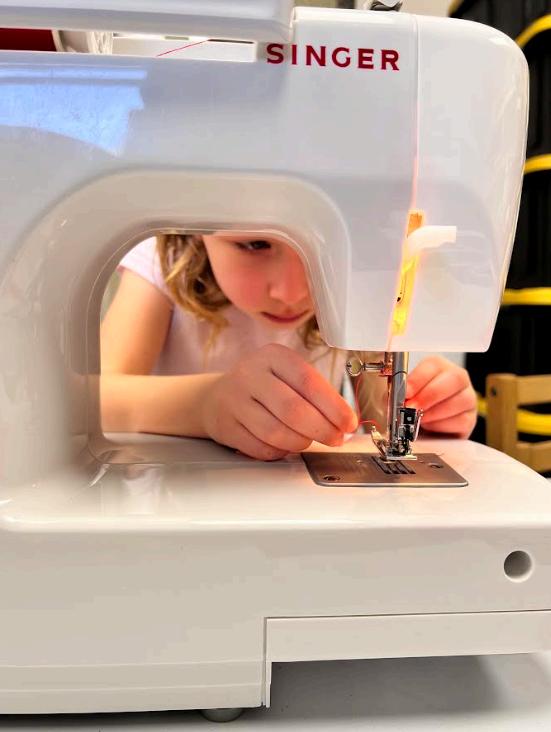
Thestudentslearnedsewingmachineskillsandcreatedpillows! ThankyoutoQuinn’smom,AaronMongerson,andMs.Humaira.

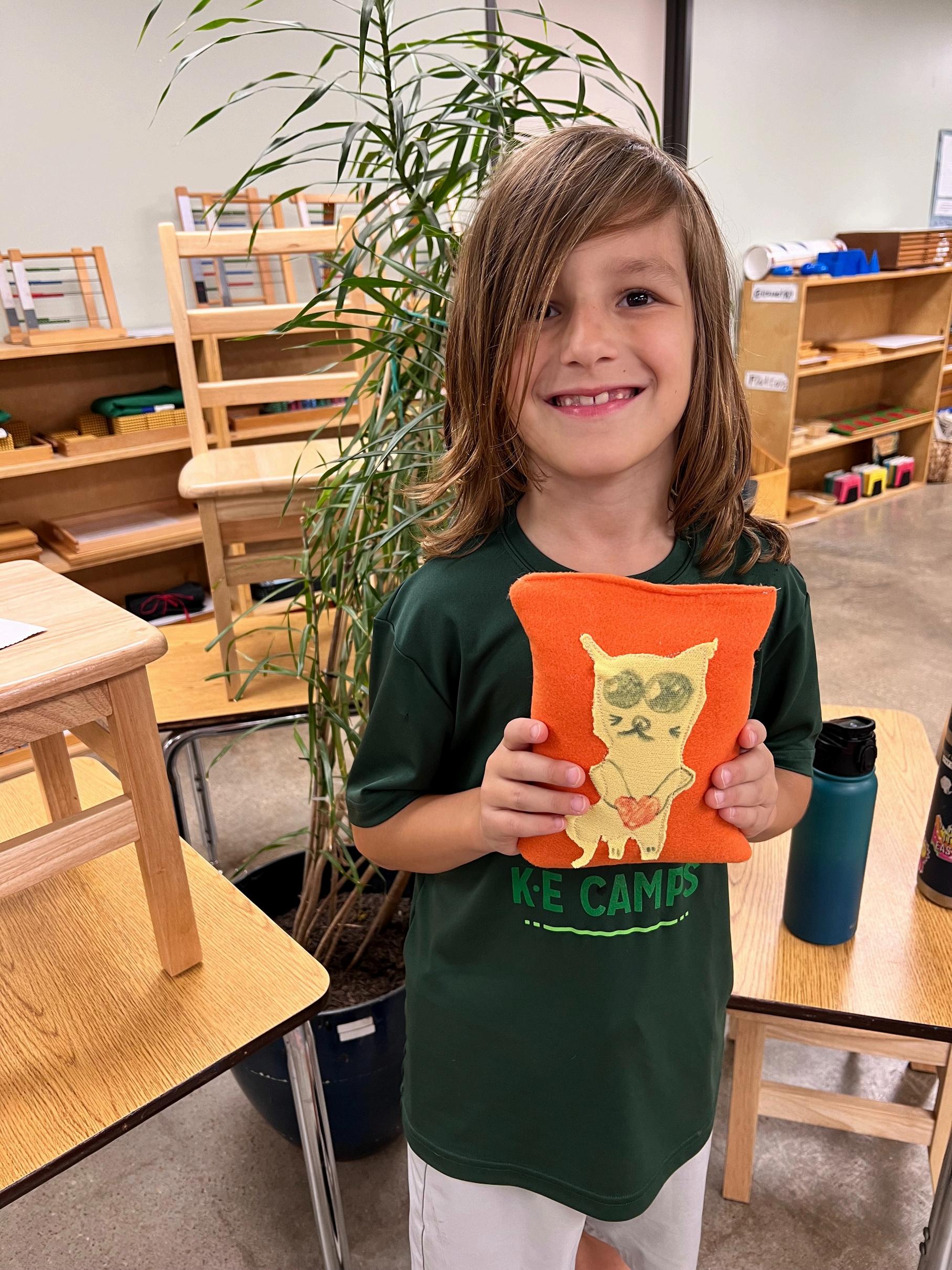


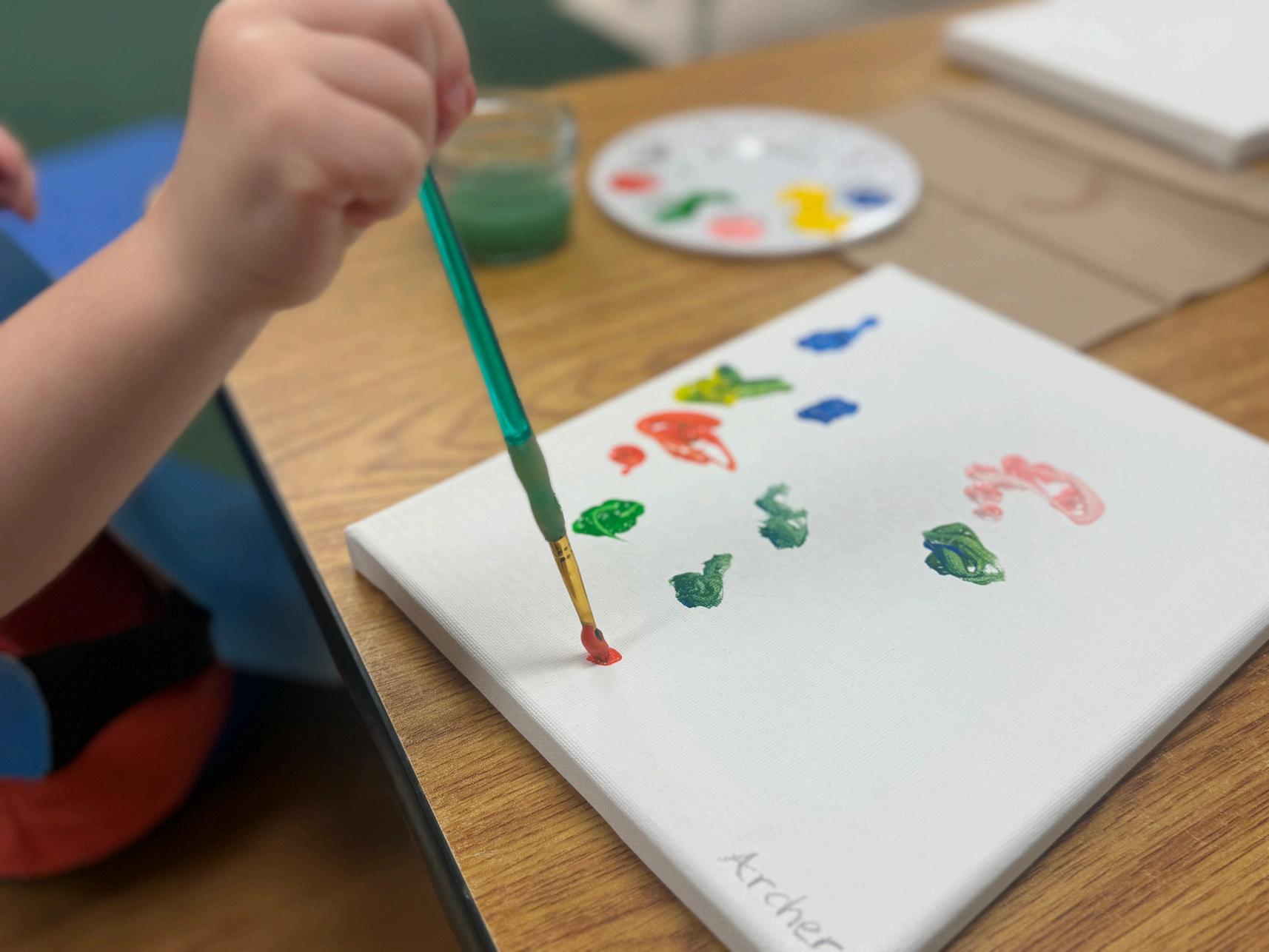
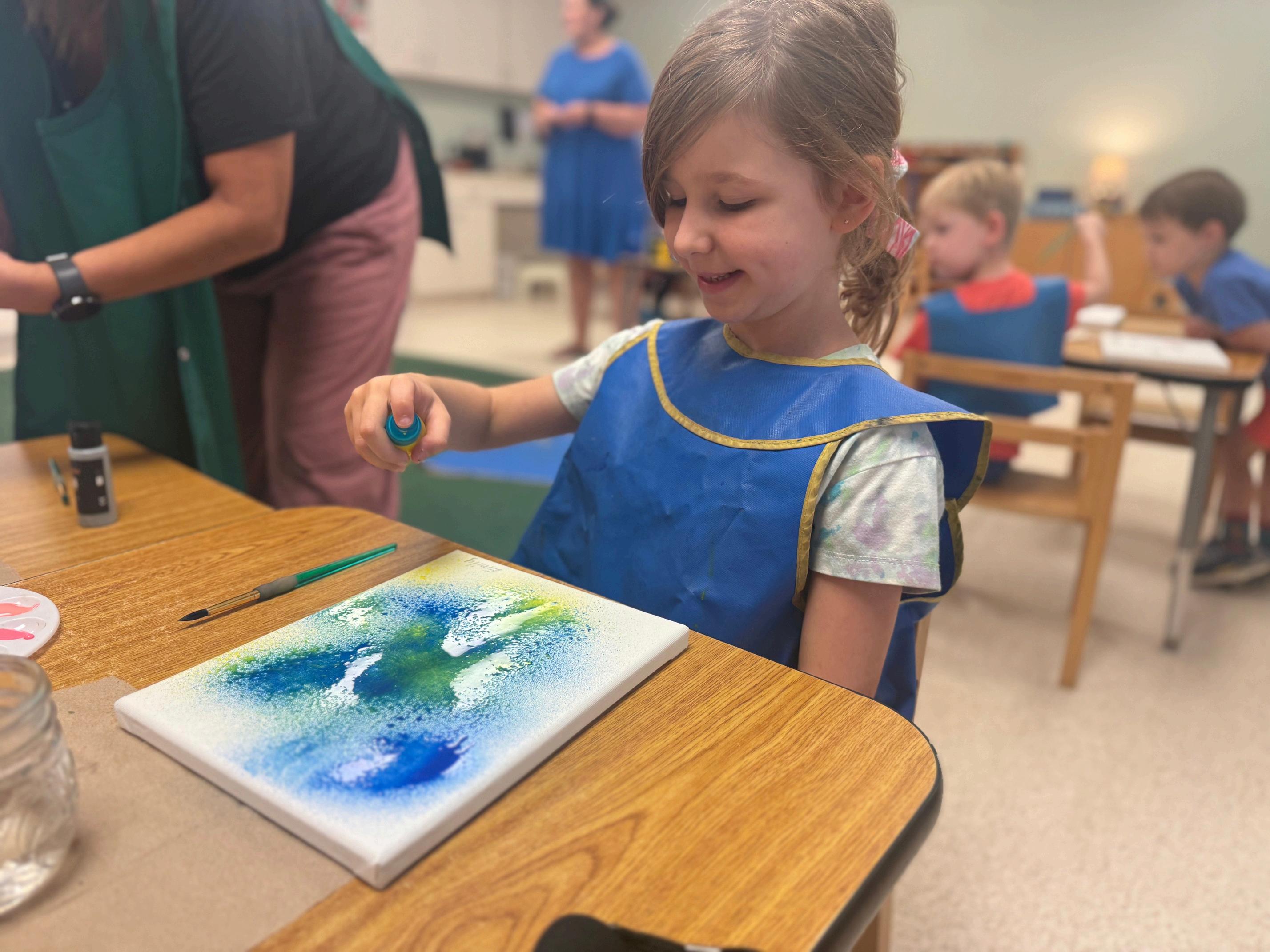
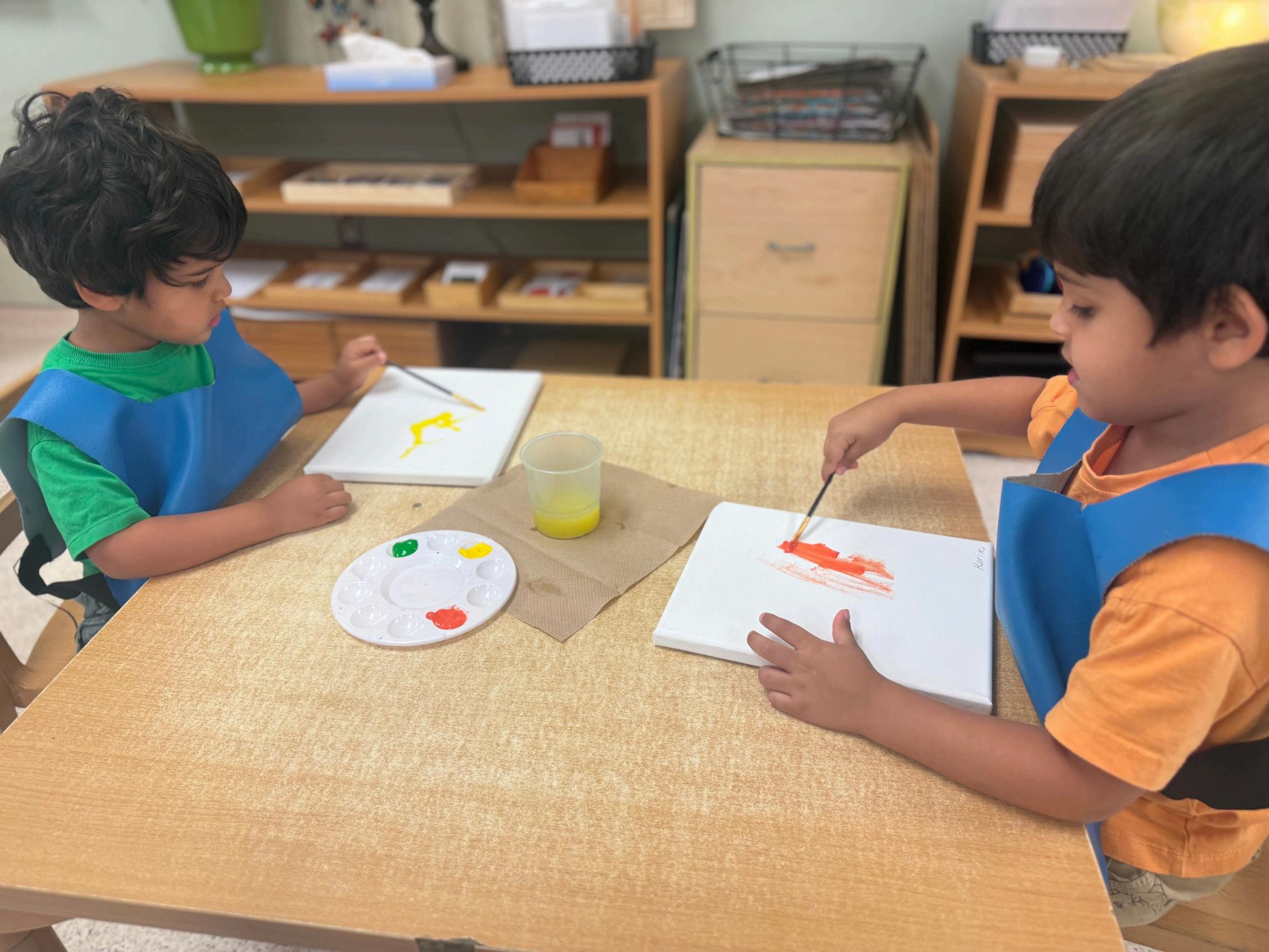
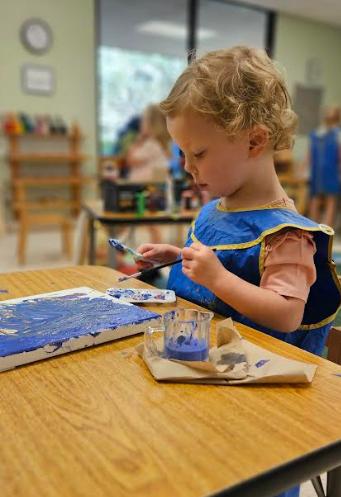
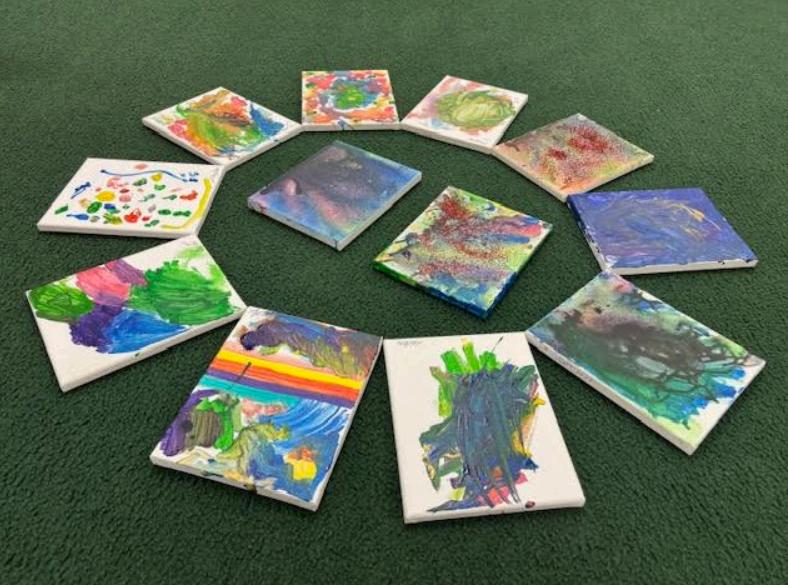


The EVENT


Only THREE more followers to reach 1,000 on Facebook! Who will be our FOURTH that pushes us past the milestone!?!?
ONEnight
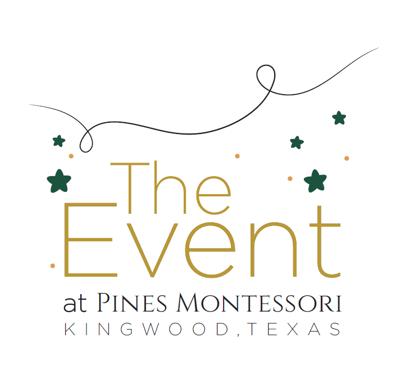

This year The EVENT will take place in our NEW Elementary building.
NOW is the time to be thinking about who you want to invite! It’s FREE to attend and the fun and benefits last all year long!
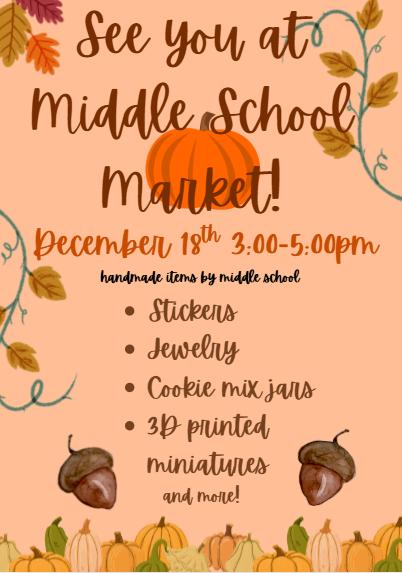

CheesyZucchiniCarrotCrisps KitchenConnections
Theseveggie-packedcrispsare adeliciouswaytoeatyour vegetables! Cheddarcheeseismelted alongwithabaseofshredded zucchiniandcarrots,creatinga mouthfulofflavorineverybite.
I n g r e d i e n t s I n s t r u c t i o n s
OilSpray
1smallzucchini
1smallcarrot,peeled ½tspsalt
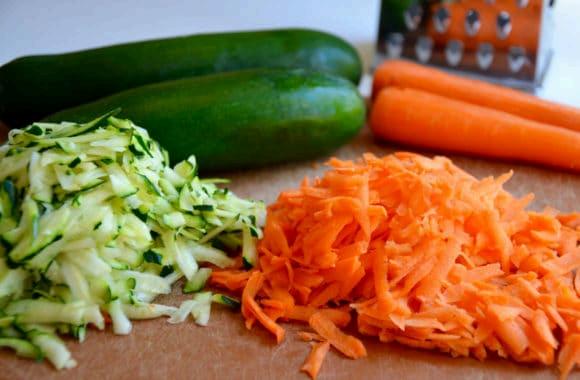
1/3cuppankobreadcrumbs ¼cupshreddedcheddarcheese 1largeegg,lightlybeaten ½tspgarlicpowder
1.Preheat oven to 425°F. Line a rimmed baking sheet with parchmentandspraywithoil.
2.Trim ends of zucchini and carrot, then shred using the largeholesofaboxgrater.
3.Place shredded vegetables in a fine-mesh strainer over a large bowl. Sprinkle with salt and stir. Let sit for 10 minutes.
4.Transfer vegetables to a clean dish towel, twist, and squeeze out as much liquid as possible. Discard liquid and returnvegetablestothebowl.
5.Add panko, cheddar, egg, and garlic powder. Stir to combine.
6.Scoop mixture (1 tbsp each) onto the baking sheet to form 12mounds.Flatteneachintoathincircle.
7.Bake 13–15 minutes, until edges are browned. Let cool on thesheetfor10minutes.


FamilyFocus
questionstochoosefrom. Herearethe5theypicked.

What made you choose Pines versus other Montessori schools? We chose Pines Montessori because of its outstanding reputation in the community and the school’s convenient location for our family. During our school tour, we sensed a welcoming atmosphere from all the staff. We also had 3 family members who attended Pines in the 1990s and they all recall having had a good experience! Also we loved the huge backplaygroundthatwasaroundwhenwetouredtheproperty.
How do you feel Montessori has benefited your children? Pines has created an environmentwherelearningseemsnaturalandpurposefulforourkids.Alltheteachers have helped cultivate their independence, curiosity, and confidence! We have also noticed that our children developed a heart for helping and working with others, especiallythoseyoungerthanthem!
How do you as a parent support Montessori at home? At home we try to support Montessori principles by encouraging independence and responsibility. We try to involve our children in practical life skills such as setting the table, choosing their own clothes, folding laundry and organizing their own spaces. We are grateful that Montessori has given us a framework to make everyday life at home purposeful for our kids.
What is your favorite Pines event? We love “The EVENT” held in May. We had never heardanauctioneerinreallifeuntilourfirst“Event”.Itwastrulyentertainingandmade youwanttobidoneveryitem.
How do your children describe their school day? Sometimes it’s with excitement and enthusiasm as they describe how much work they were able to accomplish and what type of work they finished. Sometimes its with frustration as they explain how much work they had to do. But we love that they are constantly challenged everyday with continuouslearning.

PinesPerspectives

Ms. Kimberly is our newest addition to the Upper Elementary team. She has been an Elementary teacher for 11 years and in Montessori for 3 years.
She was given 10 questions to chose from and these were the 5 that she picked:
What do you love most about being part of this community? What I love most about Pines is that everyone here knows each other so well, because, unlike at some other schools, teachers and families STAY at Pines. I could tell right away that thisisatight-knit,loyalcommunity.
What is a common misconception about Montessori that you have observed? Some people mistakenly think that Montessori is about sitting on the ground and letting children free play all day long. After my Montessori training, I realized what it's really about is observing and being responsive to each student's needs: academically, emotionally, socially, etc. whether you're in Italy in 1907 or Kingwood in2025.
What is one Montessori material or activity you find especially valuable? One of my favorite things about Montessori is the cultural work! The history goes so far beyond textbooks, dates, and wars. Montessori cultural lesson topics and perspectives get into deep questions about human responsibility, cosmic purpose, andhowtheworldworks!
What’s a book you often recommend to parents or fellow educators? About 2 years ago I read The Anxious Generation by Jonathan Haidt. It touches on relevant issues that parents and teachers of Generation A are facing such as the effects of screentime,decliningmentalhealth,andtheneedforfreeplay.
What strategies do you use to help students navigate peer dynamics and collaboration?
It's crucial to give students opportunities to work in groups. I find it helpful to expose them to many situations: chosen groups and assigned groups, small groups and large groups, high and low stress tasks, group effort goals and individual jobs, mixed ability and homogenous, mixes of ages or genders, and of course varied products.



Freedom within Limits and Responsibilities
by Kristen Brigham and Catherine Hall
Last month, Pines hosted its first parent roundtable discussion The room was filled with parents of students from infants to teenagers. The discussion was lively full of stories that made us laugh, tear up, and nod in recognition of those “this-is-driving-mecrazy” parenting moments. We appreciated parents' honesty and willingness to share insights, encouragement, and real-life examples of what it looks like to raise children with both trust and boundaries.
Because not everyone could attend, we would like to continue that conversation here
So what does “Freedom Within Limits” really mean?
It is the idea that children are trusted to make choices that help them grow, while adults provide consistent boundaries rooted in respect and reality You might think of it like guardrails on a bridge: the child is free to “drive,” to make decisions and take action, but the guardrails ensure safety, security, and direction. That does not mean that children are allowed to do whatever they want, nor is it about rigid control, but rather striking the balance that helps them grow into capable, confident, and compassionate people. Limits which provide safety in younger years develop into responsibilities as students grow and mature into young adults.
Why is this balance so important?
Think back to your own introduction to adulthood. Was it smooth and steady, or full of bumps and dents? What lessons did you learn along the way, and what do you wish you had known sooner? Our goal as parents and educators is to give children the tools to “practice adulthood” in a safe, meaningful way.
Providing your children freedom within limits is not a one-time decision; it is an ongoing practice. You and children are learning and growing together. There will be missteps and mistakes which are part of any learning process. Learning how to address them in a productive way will model problem-solving skills, resilience, and grace. Each stumble is a chance to model how to reflect, adjust, and try again skills that are just as important for adults as they are for children.
"Independence is not a static condition; it is a continuous conquest, and in order to reach not only freedom, but also strength, and the perfecting of one's powers, it is necessary to follow this path of unremitting toil.”
Dr. Maria Montessori

Freedom within Limits and Responsibilities
by Kristen Brigham and Catherine Hall
Why is this balance so important?
Consistency builds trust. When parents consistently communicate through words, actions, and expectations—that their child is capable, children internalize that message. This requires unity and agreement between caregivers. If one parent sets a boundary while the other undermines it, children are left feeling confused or unsafe. When the message is steady and reliable, however, children begin to trust both their caregivers and their own ability to navigate the world.
It is also important to recognize that our role as adults evolves as our children grow. In the early years, parents naturally take on more of the leadership and structure. But as children move into elementary and middle school, our responsibility shifts to gradually stepping back The limits become responsibilities for the child We give them more independence, more opportunities to make decisions, and more responsibility for the outcomes. With each success, and even with each mistake, children gain confidence. And with each stage, we as parents can trust and champion their independence.
Ultimately, freedom within limits is a gift. It is not about control or indulgence, but about creating a balance that helps children grow into responsible, joyful, and selfmotivated people By trusting them with real freedom and guiding them with thoughtful boundaries, we prepare them not only for the challenges of childhood, but for a life of purpose and resilience.
When we pair freedom with thoughtful limits, children gain:
Confidence and self-worth through doing things for themselves.
Independence and self-discipline from practicing skills in daily life.
Emotional resilience by working through feelings and big changes with support.
Responsibility instead of relying on constant adult control.
Security in knowing there are boundaries that keep them safe.
Creativity and choice within an understandable framework.
Putting It Into Action:
Offer Limited Choices: 2–3 clear options.
Stay Consistent: follow through on limits every time.
Model Respect: use calm, kind words even when setting boundaries
Observe Before Intervening: give space for independence.
Reframe Mistakes: treat them as learning opportunities, not failures.
